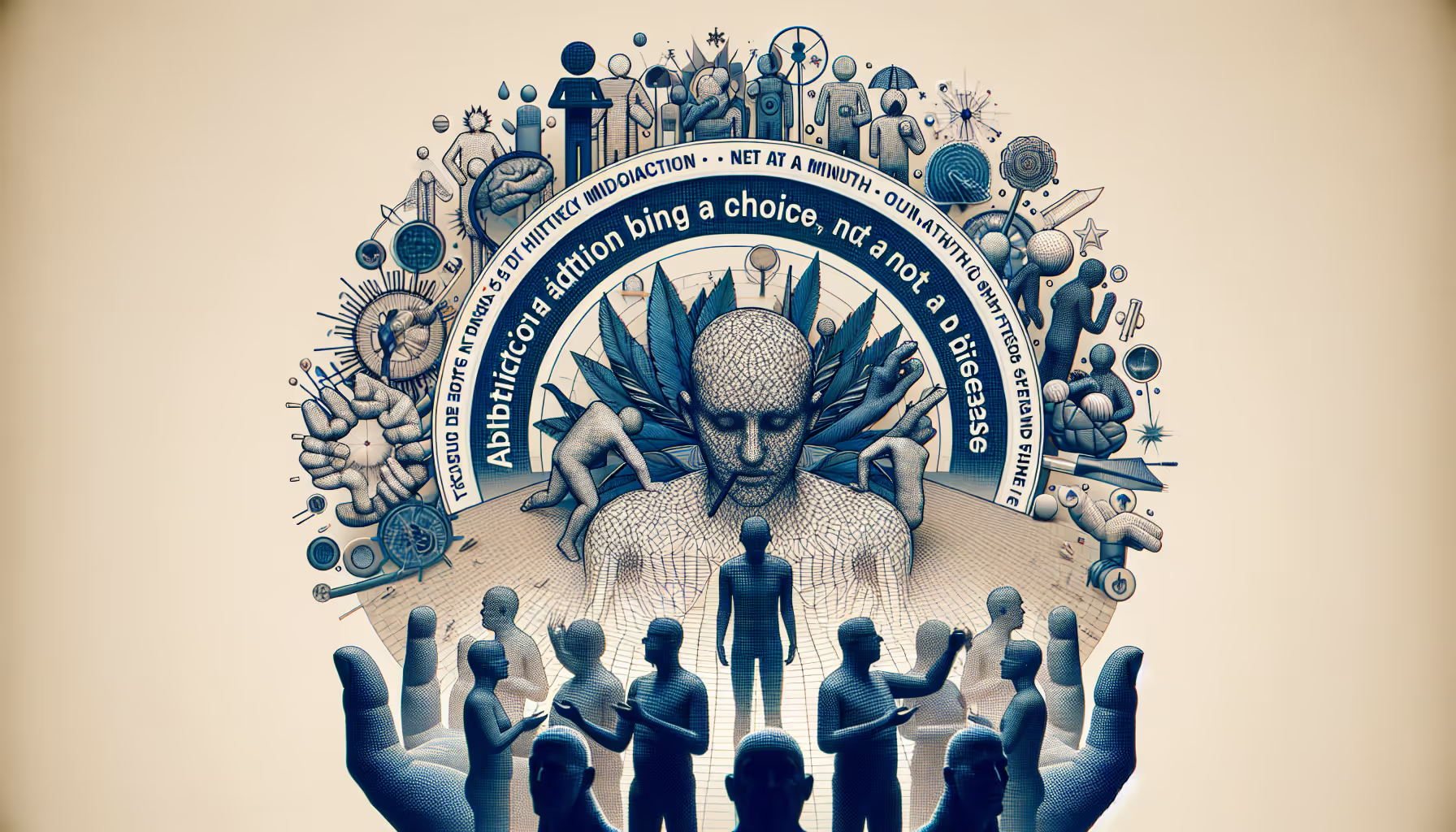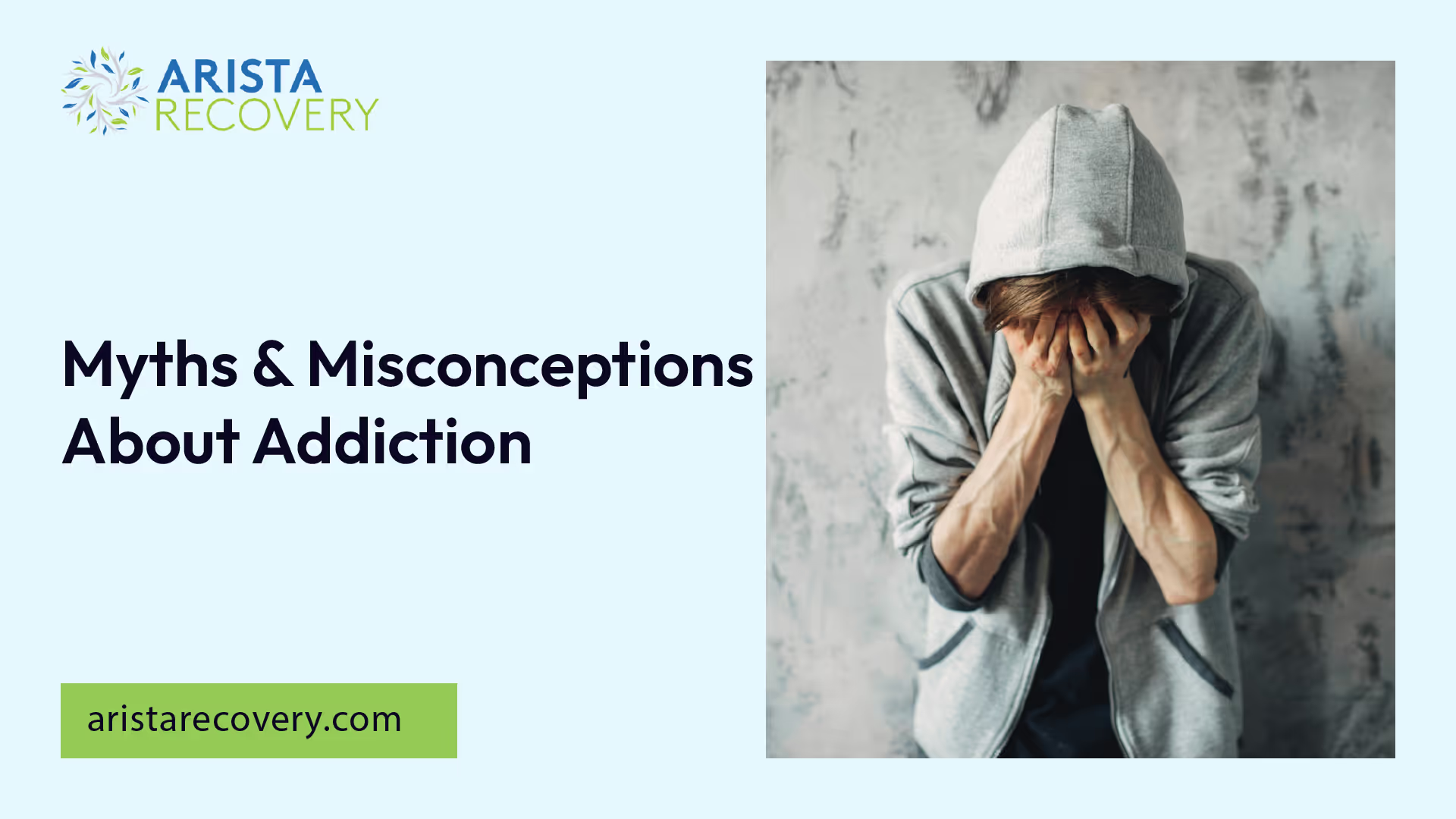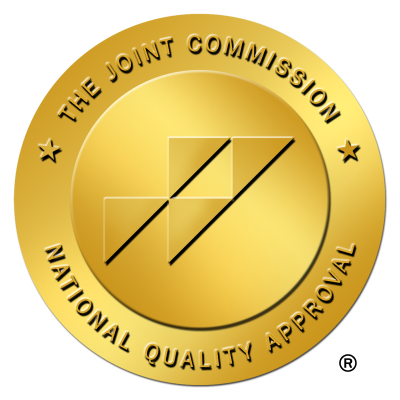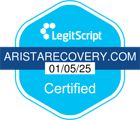Myths & Misconceptions About Addiction

Understanding Addiction
In order to dispel myths & misconceptions about addiction, it's essential to first understand what addiction truly is. This requires a deep dive into the factors contributing to addiction and the impact addiction has on the brain.

Factors Contributing to Addiction
Contrary to some misconceptions, addiction is not simply a choice made by the individual. It is a consequence of various contributing factors, including genetics, upbringing, trauma, and other influences. These factors can shape an individual's susceptibility to addiction.
Understanding these factors can help break down the stereotype of addiction as a sign of moral weakness or failure, and instead highlight it as a complex interplay of various influences.
Impact of Addiction on the Brain
Addiction's impact on the brain is profound and far-reaching. Alcohol and other drugs can lead to significant changes in the brain, eroding a person's self-control and ability to make good decisions, while simultaneously driving intense impulses to take drugs [1]. These changes explain the compulsive behavior often associated with addiction, as these impulses are driven by the same brain circuits linked to survival instincts.
These brain changes underline that addiction is not a choice, but rather a complex disease that affects the brain's functioning and behavior control, making it extremely difficult for individuals to quit on their own due to the alterations in brain chemistry caused by addiction. Understanding this can help in reframing addiction as a medical condition, not a moral failing, and can serve as the basis for more compassionate and effective approaches to treatment.
Common Myths and Misconceptions
Understanding addiction is a complex task, often clouded by numerous myths and misconceptions. In this section, we will debunk some of the most common misconceptions about addiction and provide the facts to improve public understanding and awareness of this chronic condition.
Addiction as a Choice
One of the most pervasive myths about addiction is the belief that it's a choice and that individuals can simply stop if they truly want to. In reality, addiction is a complex disease that affects the brain's functioning and behavior control, making it extremely difficult for individuals to quit on their own. Alcohol and other drugs can lead to profound changes in the brain, eroding a person's self-control and ability to make good decisions, while sending highly intense impulses to take drugs. These impulses explain the compulsive behavior around addiction.
Moral Judgment of Addiction
Another common misconception surrounding addiction is the moral judgement, with many viewing it as a moral failing or a sign of weakness. This is far from the truth. Addiction is a chronic medical condition that requires professional treatment and ongoing support to manage effectively, debunking the myth that it is a sign of weakness. It's important to understand that addiction can impact individuals from all walks of life, regardless of their willpower or moral character. It is not a reflection of personal strength or weakness, but rather a complex interplay of genetic, environmental, and social factors.
Addiction Across Different Substances
The type of substance involved is often another area of misconception. Addiction is a complex condition that involves a combination of genetic, environmental, and social factors. While certain substances may have a higher potential for addiction, it is important to recognize that addiction can develop with various substances, including alcohol, opioids, stimulants, and more. It's not solely related to the addictive substance itself, making it a highly personalized disease.
By breaking down these common myths and misconceptions about addiction, we can foster a more compassionate and understanding approach towards those dealing with addiction. Remember, addiction is a chronic condition similar to other chronic diseases like diabetes or hypertension, necessitating professional treatment, therapy, and ongoing support for successful recovery.
Seeking Help and Support
When it comes to addiction, seeking help and support is a crucial step in the recovery process, and it's essential to debunk the myths and misconceptions about addiction that can prevent people from getting the help they need.
Early Intervention for Addiction
One of the common misconceptions about addiction is that a person must reach "rock bottom" before they can start to recover. However, this is a dangerous myth that can have deadly consequences. The reality is that seeking help early in the addiction process is critical. The sooner help is sought, the more resources like supportive families or jobs are available for recovery [1].
Compassionate Approaches vs Tough Love
The belief that tough love can cure addiction is another widespread misconception. Tactics such as cutting people off or kicking them out usually have the opposite result families are hoping for. Instead, compassionate, kind approaches are more effective. They make individuals with addiction feel supported and encouraged to change.
Overcoming Denial and Stigma
Denial is a common barrier to seeking help for addiction. Many people live in denial about their addiction because of success in professional lives, timing of substance use, or family background. However, addiction can affect anyone, and it's essential to seek support if substance use is causing conflicts or problems [1].
The stigma associated with addiction can also prevent people from seeking help. Many people see addiction as a personal or moral failure, despite substance use disorders being chronic, treatable medical conditions resulting from changes in the brain that make drug use compulsive [3].
Overcoming these misconceptions and stigmas is essential for those seeking help for addiction. By understanding that addiction is a complex disease and not a moral failing, individuals and their loved ones can seek the necessary professional treatment and support for a successful recovery.
Addiction as a Disease
One of the pervasive myths & misconceptions about addiction is that it is a sign of moral weakness or a lack of willpower. However, it is crucial to understand that addiction is a chronic medical condition that requires professional treatment and ongoing support to manage effectively, debunking the myth that it is a moral failing or a sign of weakness.
Chronic Medical Condition
Recognizing addiction as a disease is crucial in understanding how it affects individuals and their loved ones. It is classified as a chronic medical condition that requires ongoing management and support for recovery, similar to other chronic conditions like diabetes or hypertension. This necessitates professional treatment, therapy, and ongoing support for successful recovery.
Genetic, Environmental, and Social Factors
Addiction is a complex condition and not solely related to the addictive substance itself. It involves a combination of genetic, environmental, and social factors, making it a highly personalized disease. It can develop with various substances, such as alcohol, opioids, and stimulants, thereby shattering the myth that addiction is a self-inflicted condition.
Professional Treatment and Support
Addiction often requires professional treatment, therapy, and ongoing support to achieve and maintain recovery. Waiting for someone to hit rock bottom can be dangerous and potentially life-threatening. Furthermore, treating addiction with compassion and understanding is essential to support individuals on their journey to recovery. This approach helps in addressing the stigma associated with addiction and encourages those affected to seek help without fear of judgment or discrimination.
In conclusion, understanding addiction as a disease, not a moral failing, can facilitate a more compassionate and effective approach to treatment and recovery. It is important to continue dispelling myths and misconceptions about addiction, promoting a more accurate understanding that can lead to more effective interventions and support systems.
Language and Stigma
Language plays a crucial role in shaping our perception and understanding of complex issues like addiction. The language we use can either perpetuate harmful stereotypes or promote empathy and understanding. In this section, we'll examine the power of language, the importance of humanizing addiction stories, and the value of recovery-focused language.
The Power of Language
Language can either perpetuate stigma against people with addiction or challenge it. Commonly used terms like "junkie" and "addict" reflect the misconception that drug use is a choice rather than a compulsion, leading to negative biases and dehumanization [3]. Conversely, using kind, compassionate, and non-judgmental language can create a more inclusive and accepting environment for individuals affected by substance use disorders.
Humanizing Addiction Stories
The power of language in addressing addiction stigma can also be seen in the way we share and react to addiction stories. Sharing personal experiences and insights of individuals who have struggled with addiction fosters connection, understanding, and empathy, challenging stigma and emphasizing that recovery is attainable with support and treatment. These narratives, when told with respect and understanding, can counter the myths & misconceptions about addiction, promoting a more nuanced understanding of this complex issue.
Recovery-Focused Language
Recovery-focused language, emphasizing respect and dignity, is another powerful tool in shaping attitudes towards addiction. Using person-first phrases (such as "person with a substance use disorder" instead of "addict") and non-judgmental descriptions can help create a supportive environment for individuals with substance use disorders [4].
Advocating for recovery-focused language and challenging stigmatizing terms is essential in combating addiction stigma. By using language that respects the dignity and worth of individuals with substance use disorders, we can contribute to a more supportive and inclusive society.
In summary, the language we use to talk about addiction matters. By choosing our words carefully, we can help shatter stereotypes, challenge misconceptions, and promote a greater understanding of the realities of addiction.
Addressing Addiction Stigma
Battling the pervasive stigma surrounding addiction is a critical step in promoting understanding, acceptance, and comprehensive support for those affected. This aspect involves education and awareness, sharing personal stories to foster empathy, and advocating for supportive policies.
Education and Awareness
Education is a powerful tool in combating addiction stigma. By increasing public understanding of addiction as a chronic brain disorder, it's possible to dispel myths and challenge preconceived notions. Various educational means, including campaigns, public service announcements, and personal conversations, can significantly influence societal attitudes.
Educational efforts should focus on the scientific facts about addiction, including its impact on the brain, the factors contributing to substance use disorders, and the potential for recovery. These efforts should also debunk common myths about addiction, reinforcing the fact that it is not a moral failure but a complex medical condition.
Personal Stories and Empathy
Humanizing addiction through personal stories is another potent method to challenge stigma. Sharing experiences and insights of individuals who have struggled with addiction fosters connection, understanding, and empathy. Personal accounts help demystify addiction and emphasize that recovery is attainable with support and treatment.
These stories serve as a powerful reminder that addiction affects people from all walks of life. By highlighting the human side of addiction, it's easier to counteract harmful stereotypes and promote a more compassionate view of individuals with substance use disorders.
Advocacy for Supportive Policies
Finally, advocating for supportive policies and legislation is vital in challenging addiction stigma. Policies that prioritize access to evidence-based treatment and recovery services can play a crucial role in shifting societal attitudes. Engaging with policymakers, government officials, and community organizations can promote transformative legislation that supports addiction treatment and access to care, ultimately diminishing harmful societal stigma.
This advocacy can take many forms, from grassroots campaigns to lobbying efforts at the national level. The goal is to ensure that those struggling with addiction receive the support they need to recover, without judgment or discrimination.
In conclusion, addressing addiction stigma requires a multi-faceted approach that includes education, personal stories, and advocacy. By working together, we can shatter the myths and misconceptions about addiction, promoting a more compassionate and understanding society.
References
[1]: https://www.wefaceittogether.org/learn/common-myths
[3]: https://nida.nih.gov/research-topics/stigma-discrimination
[4]: https://thenewlifecentre.com/overcoming-the-stigma-of-addiction/
[5]: https://www.cumberlandheights.org/blogs/common-addiction-misconceptions/


